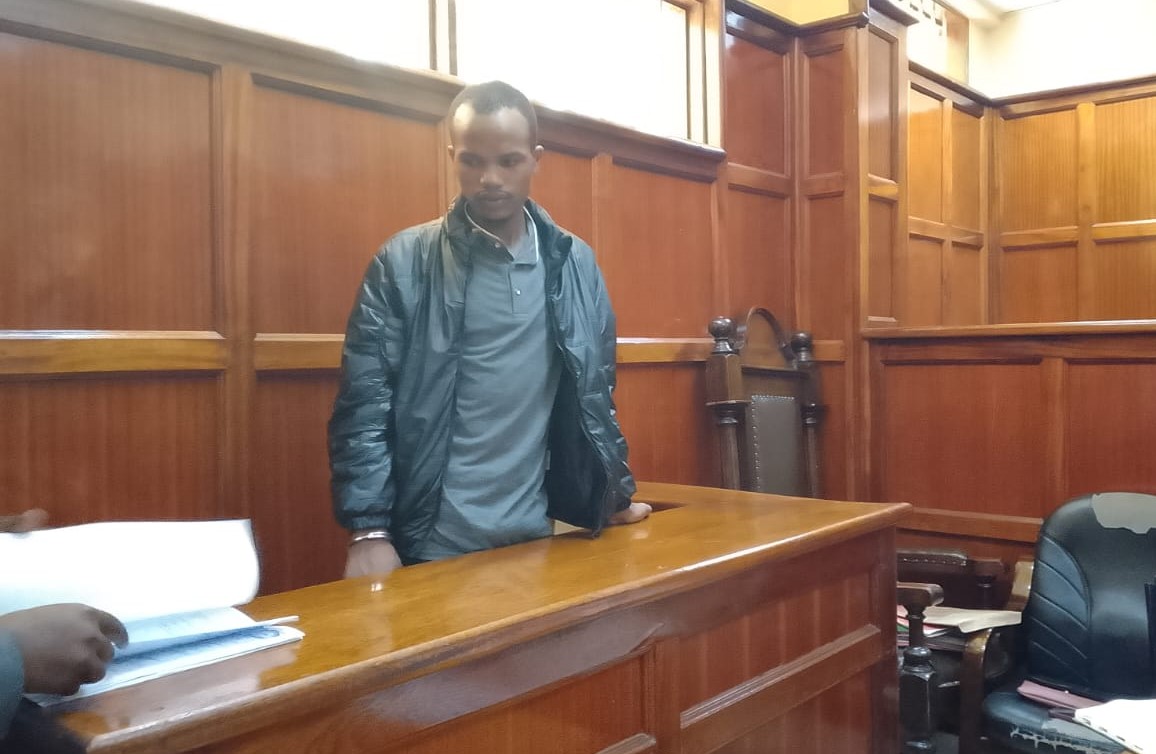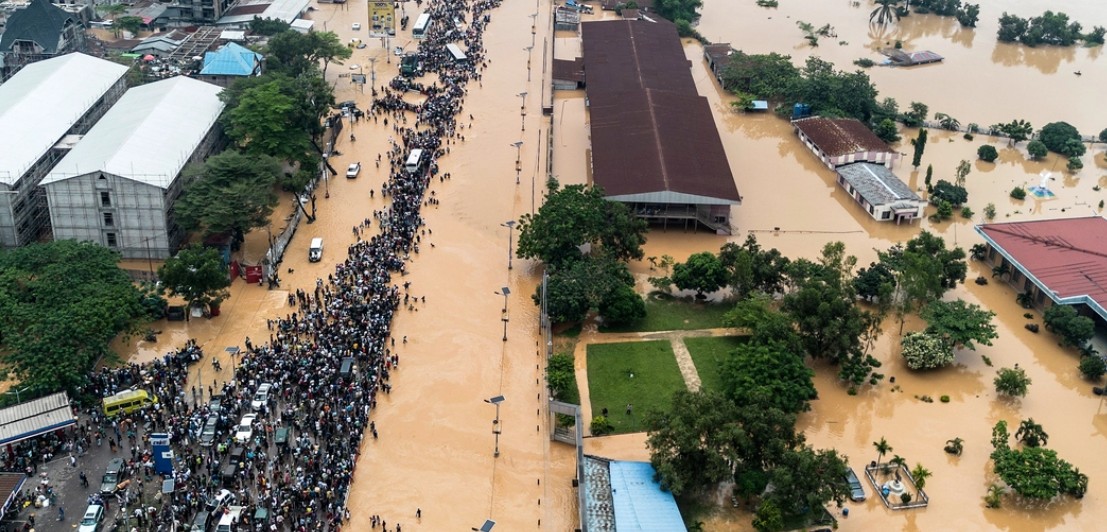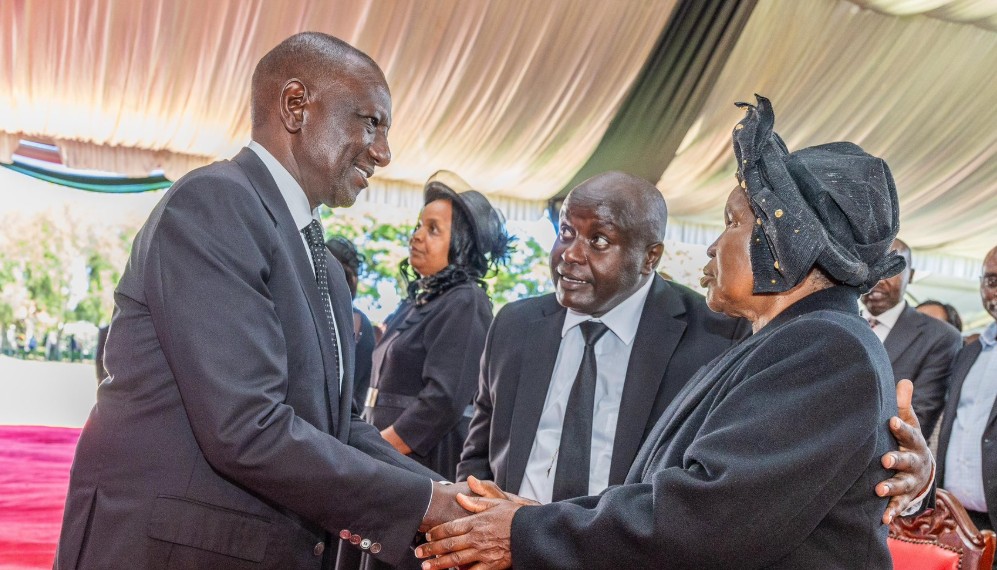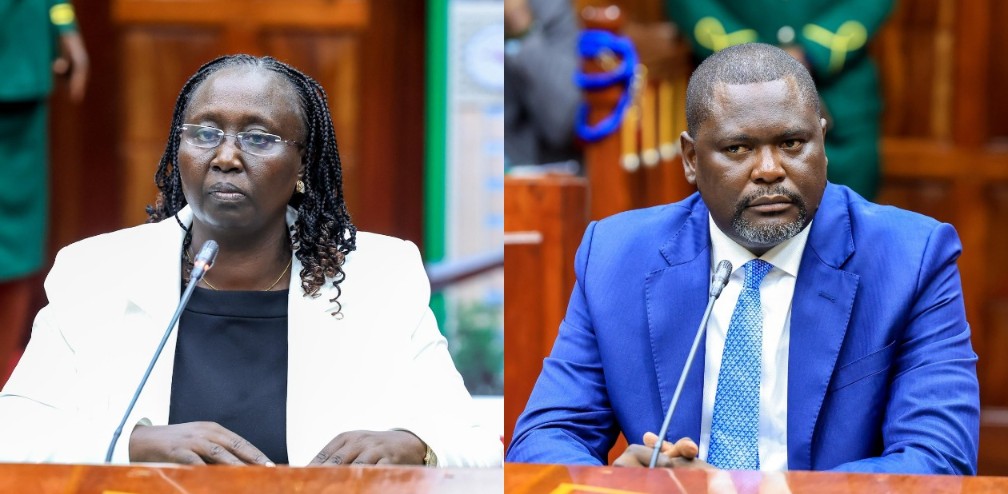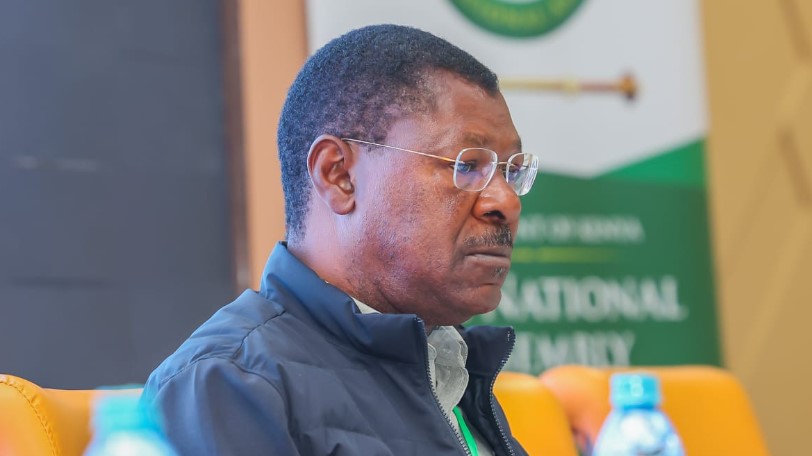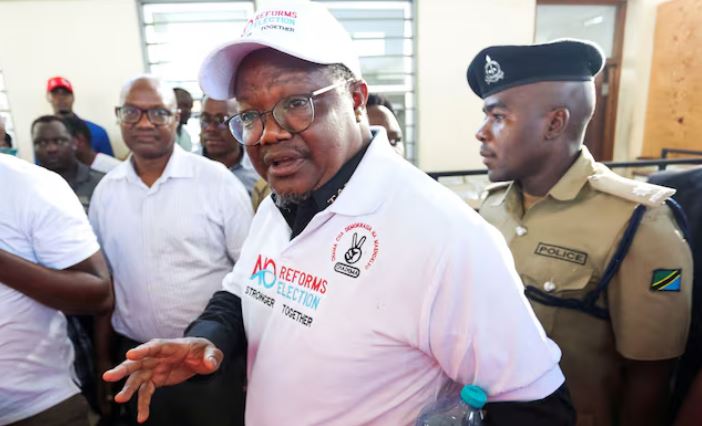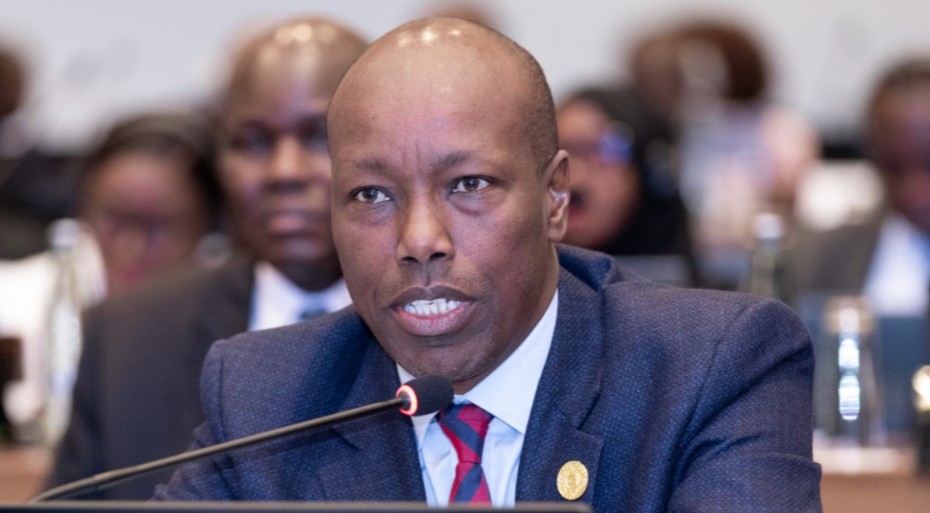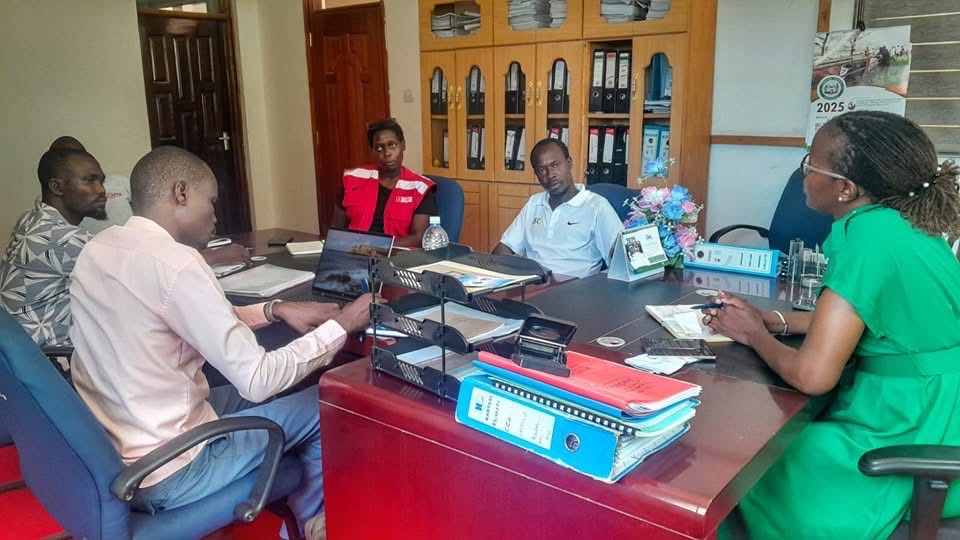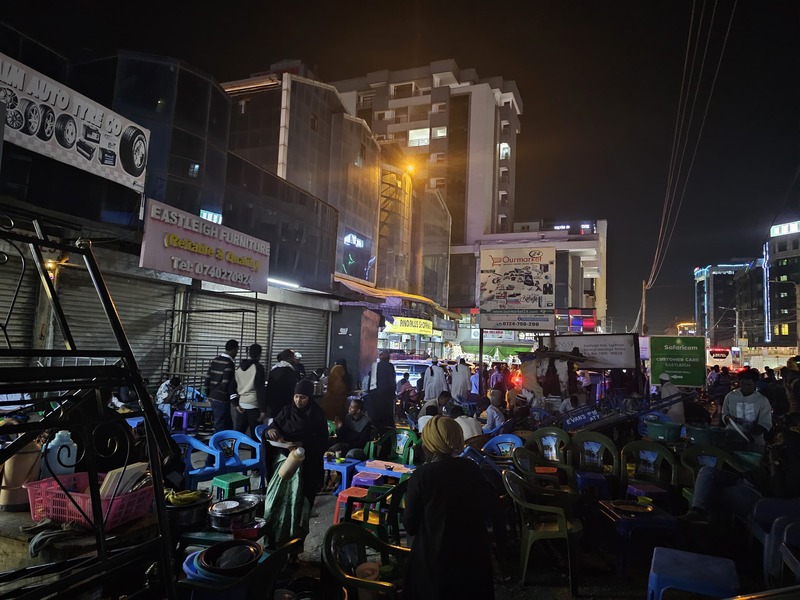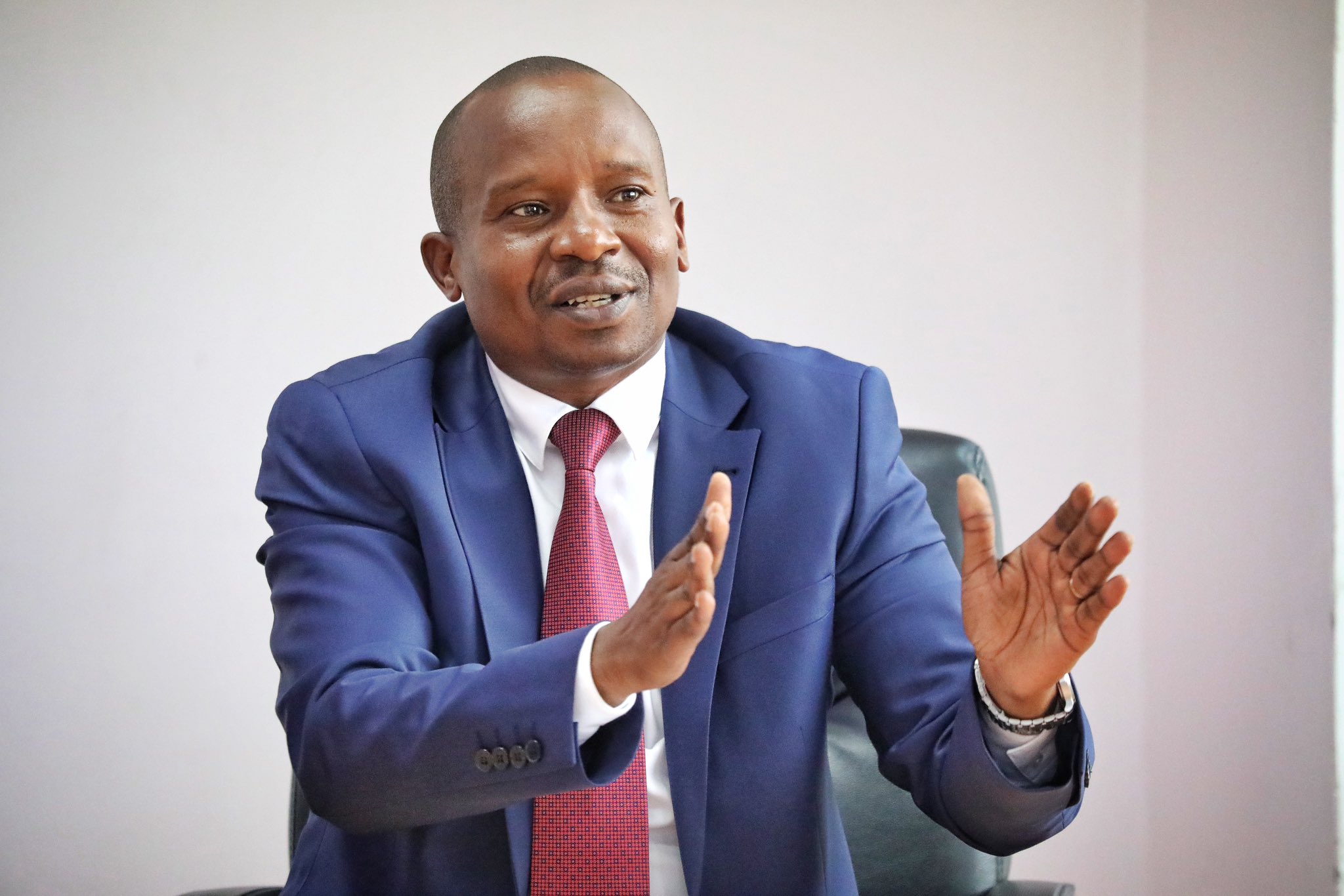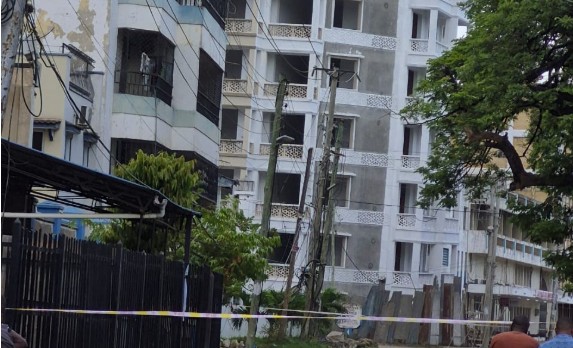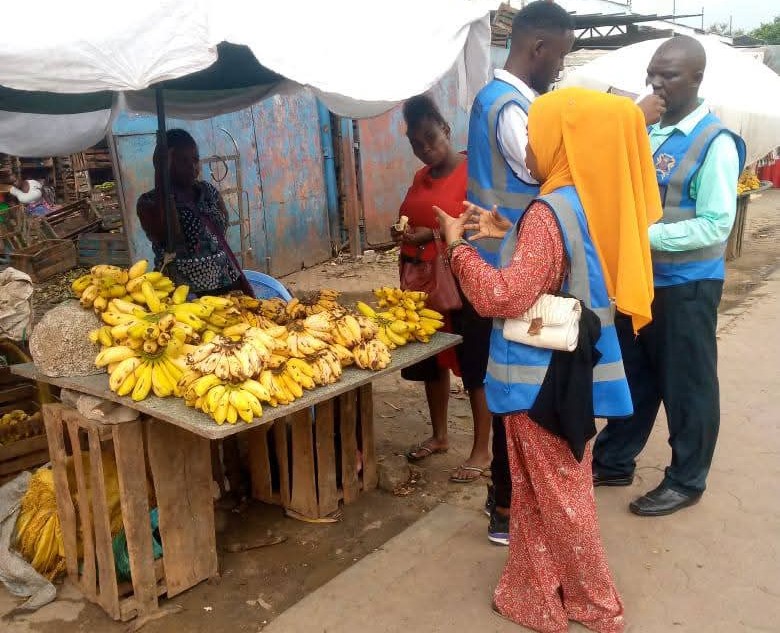15 senior Al-Shabaab figures sanctioned in coordinated financial crackdown
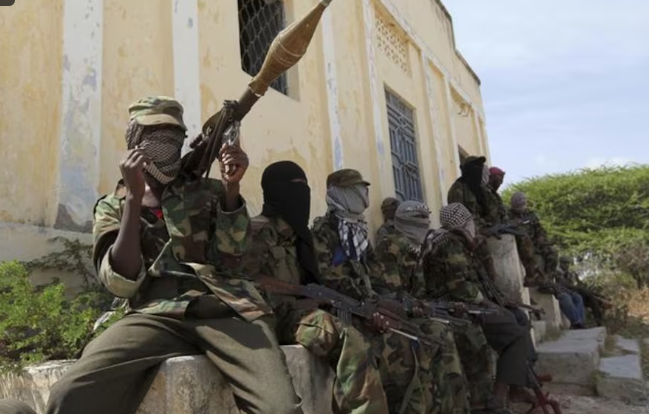
The measures target individuals accused of playing critical roles in financing and supporting Al-Shabaab’s operations, including fundraising, enforcing illegal taxation, and facilitating attacks using improvised explosive devices (IEDs).
Fifteen senior Al-Shabaab figures operating in Somalia have been jointly sanctioned by the seven members of the Terrorist Financing Targeting Centre (TFTC) in a move aimed at severing the group’s access to financial systems and weakening its capacity to carry out violent operations in the region.
This coordinated action, announced on Monday by the US Department of the Treasury, marks the eighth round of joint sanctions by the TFTC since its formation.
More To Read
- Mogadishu starts voter registration ahead of Somalia’s historic elections in over 50 years
- President Trump to support Somalia’s war on terror
- Somalia starts voter registration for first one-person-one-vote poll in over 50 years
- Somalia approves Elon Musk’s Starlink to boost internet access and digital growth
The measures target individuals accused of playing critical roles in financing and supporting Al-Shabaab’s operations, including fundraising, enforcing illegal taxation, and facilitating attacks using improvised explosive devices (IEDs).
The TFTC brings together the United States and six Gulf Cooperation Council (GCC) countries—Bahrain, Kuwait, Oman, Qatar, Saudi Arabia, and the United Arab Emirates—to collectively combat terrorist financing and disrupt networks that threaten regional and international stability.
“Al-Shabaab continues to terrorise and extort the Somali people, forcing farmers to hand over livestock as ‘donations’ and kidnapping civilians, while destabilising the wider region through its campaign of violence. Today, the TFTC is acting to deny Al-Shabaab access to regional and international financial networks, cutting off its ability to secure funding, coordinate attacks, and sustain its violent activities,” said Anna Morris, the Treasury’s Acting Assistant Secretary for Terrorist Financing.
“TFTC member states are stronger and more effective when working together to counter these shared threats to the international financial system. We will maintain intensive pressure on terrorist actors and their financial networks,” she added.
In May 2024, the United States had already sanctioned several of these individuals due to their links to activities sustaining Al-Shabaab’s operations.
The latest move sees GCC partners formally joining the effort, aligning their sanctions to strengthen the impact and block these individuals’ financial movements across borders.
Key figures targeted
The 15 designated individuals have been identified as playing vital roles in Al-Shabaab’s network, particularly in the Lower Shabelle, Lower Juba, and Middle Juba regions of Somalia.
According to the TFTC, they are central to Al-Shabaab’s ability to generate revenue through coercion, illegal taxation, and logistical support for attacks.
Among them:
Hasaan Abshir Xuuroow, an intelligence and finance officer who has led teams extorting ‘donations’ from civilians in Kismayo, seizing livestock and selling it for personal profit.
Aadan Yusuf Saciid Ibrahim, responsible for enforcing Al-Shabaab’s illegal taxation system in Lower Shabelle, imposing high fees on market sales and reportedly embezzling funds.
Mumin Dheere, former deputy emir of Wayanta, who has coordinated attacks using vehicle-borne IEDs and mortars, including plots against Kismayo International Airport.
Macalin Burhan, a Hisbah (Al-Shabaab’s illegitimate ‘police force’) commander, accused of imprisoning over 80 civilians in 2022 and refusing their release.
Ali Ahmed Hussein, an emir in Lower Shabelle, who has demanded payments from clans, facilitated kidnappings, and managed weapons procurement.
Other sanctioned individuals include:
Mohamed Cali, a company commander linked to multiple operatives.
Ahmed Kabadhe, former emir of Jubaland, tied to suicide bomb plots.
Siyaat Ayuto, overseeing illegal fee collections in Kismayo.
Hassan Yariisow Aadan, known for extorting businesses in Lower Shabelle.
Siciid Abdullahi Aadan, an IED specialist and fundraiser.
The TFTC, established in 2017, coordinates multilateral actions like these to dismantle terrorism financing structures and bolster national defenses.
It also facilitates information sharing and conducts training programmes to improve institutional capacity among member states.
According to the Treasury Department, this latest round of designations is part of an ongoing effort to apply economic pressure on terrorist actors by blocking their access to financial institutions and undermining their ability to plan and execute operations.
Top Stories Today

